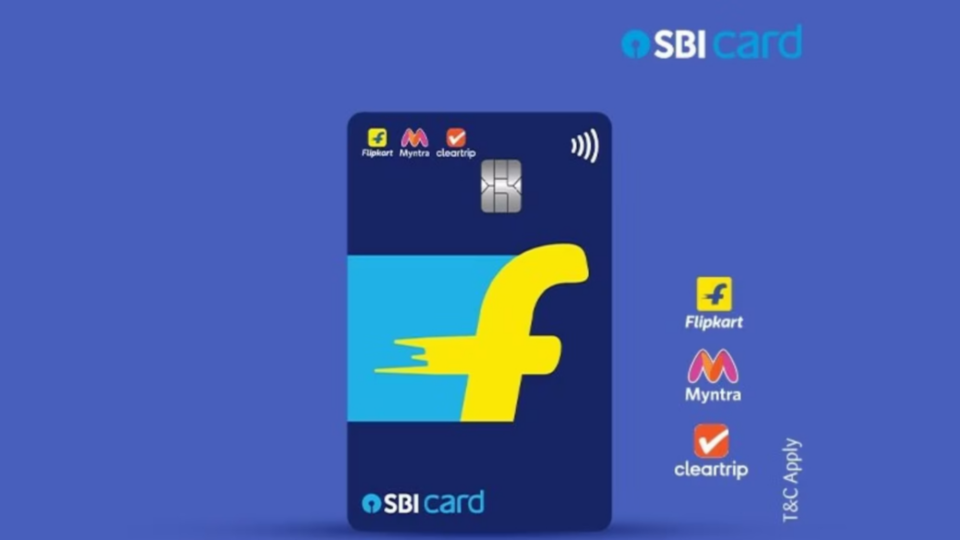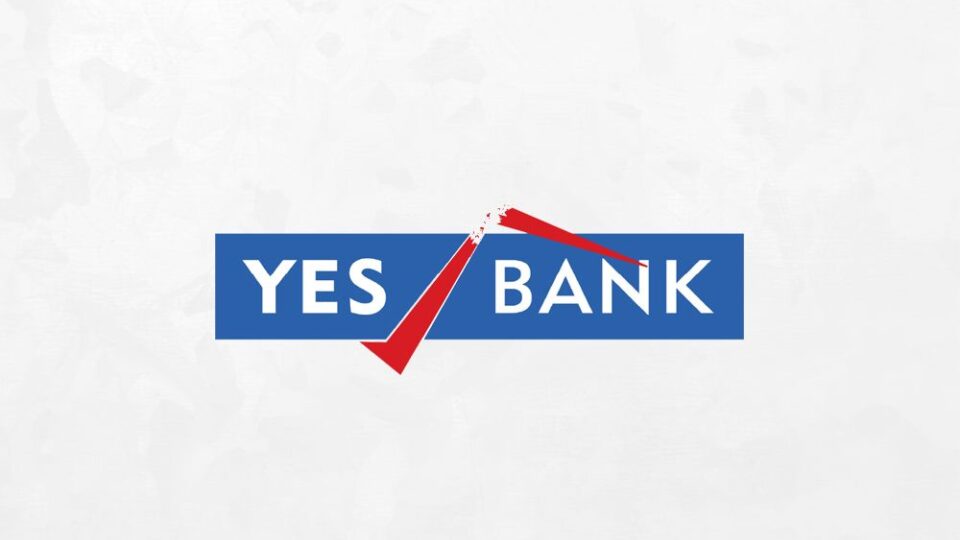
Guide on Transferring Funds from Credit Card to Bank
Most of us are aware of how flexible and easy credit cards are for making purchases and handling payments. However, can or should you move funds from your credit card to your bank account? Learn how to transfer money from a credit card to your bank account, as well as important considerations.
Why Should You Transfer Money From Your Credit Card To Your Bank Account?
Credit cards cannot be used to make certain financial transactions, such as life insurance or mortgage payments. In such instances, you may effortlessly transfer funds from your credit card to your bank account and subsequently carry out such activities.
Top Four Methods For Transferring Funds From A Credit Card To A Bank Account
1. Direct Transfer: Many banks enable you to transfer funds directly from your credit card to your bank account via Internet banking. It’s crucial to know that such transactions have a daily transfer restriction, which may differ between banks, so double-check with your bank before proceeding.
2. Net Banking: If your bank supports net banking, just log in, browse to the ‘credit card’ area, select ‘money transfer,’ enter the appropriate amount, and follow the prompts to complete the transaction.
3. Phone Call: Some credit card companies also allow you to transfer money by phone. Contact your credit card company via phone banking, supply the relevant information, and request that money be transferred from your credit card to your bank account.
4. Cheque Writing: More conventionally, write a cheque to yourself. In the recipient’s name, write,’ complete the necessary information, and deposit the check at your local bank.
Important Considerations
While the ability to transfer money from your credit card to your bank account is quite convenient, there are a few things to keep in mind:
- Credit Card’s Purpose: Credit cards are generally intended for direct payments; consequently, you should save money transfers from your credit card to your bank account for emergencies only.
- Income Tax Consequences: Excessive credit card use may attract the attention of the income tax agency. Frequent transfers may draw unwelcome scrutiny from tax authorities.
- Credit Card Dues: It is critical to settle credit card debts on time. Failure to make timely payments might leave a bad note on your credit history, lowering your credit score.
While the ability to transfer funds from your credit card to your bank account might be life-saving in an emergency, you should proceed with caution. Remember, it’s a tool that should only be used when necessary.



